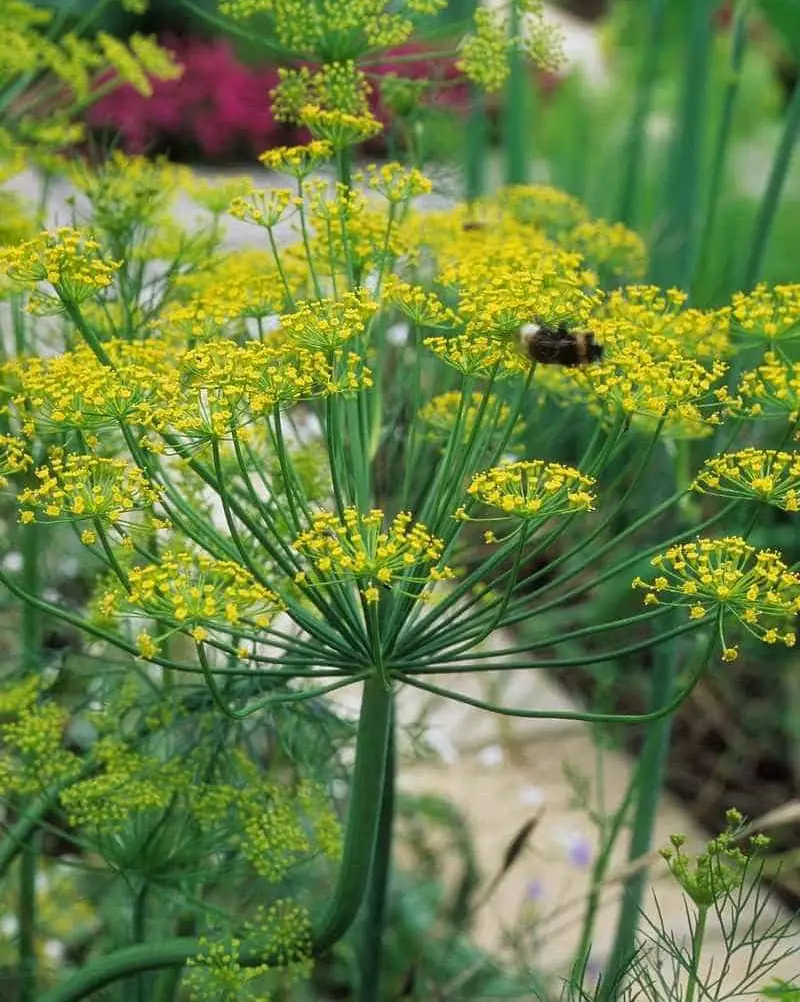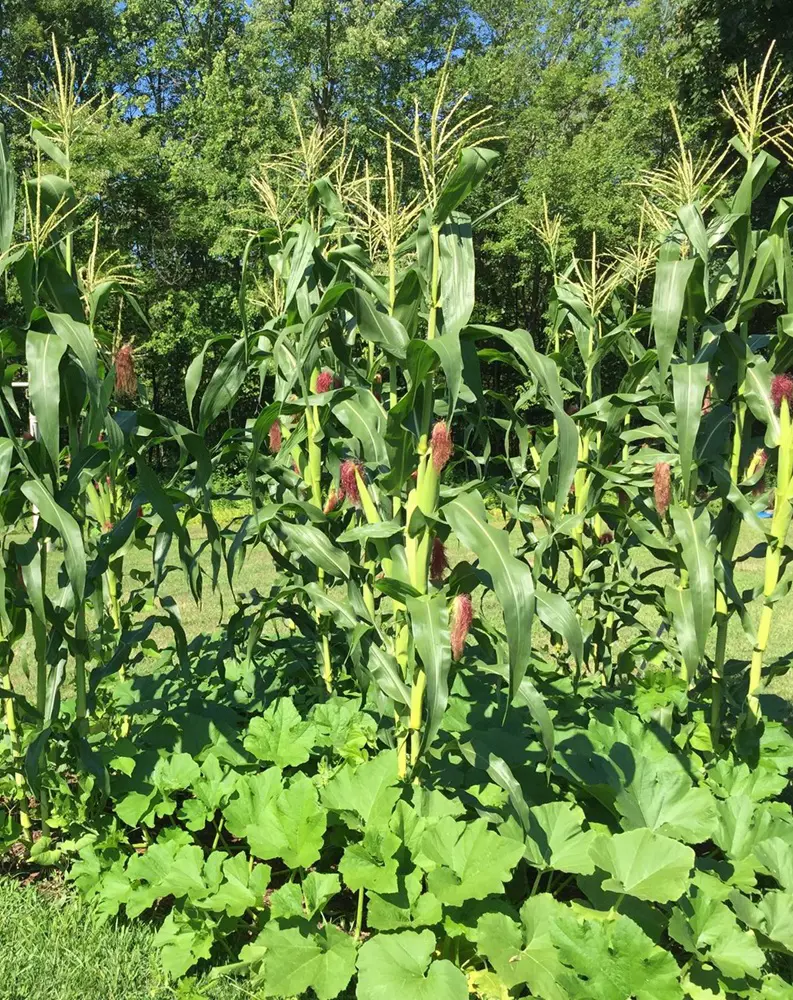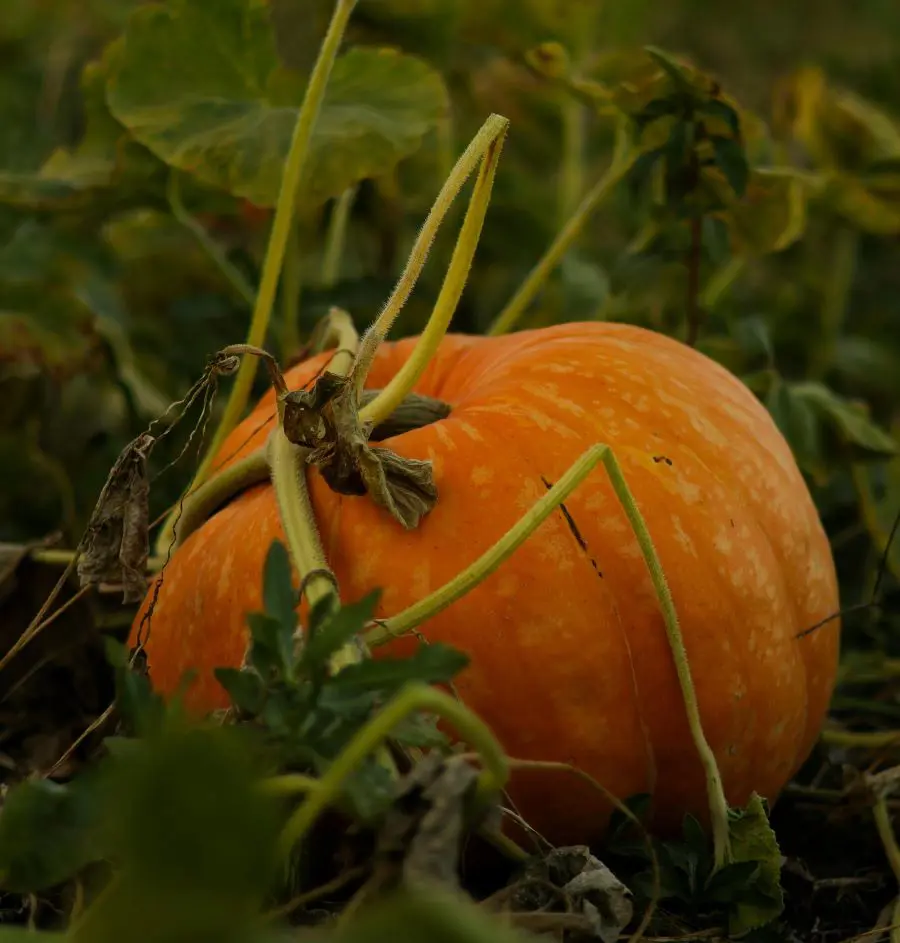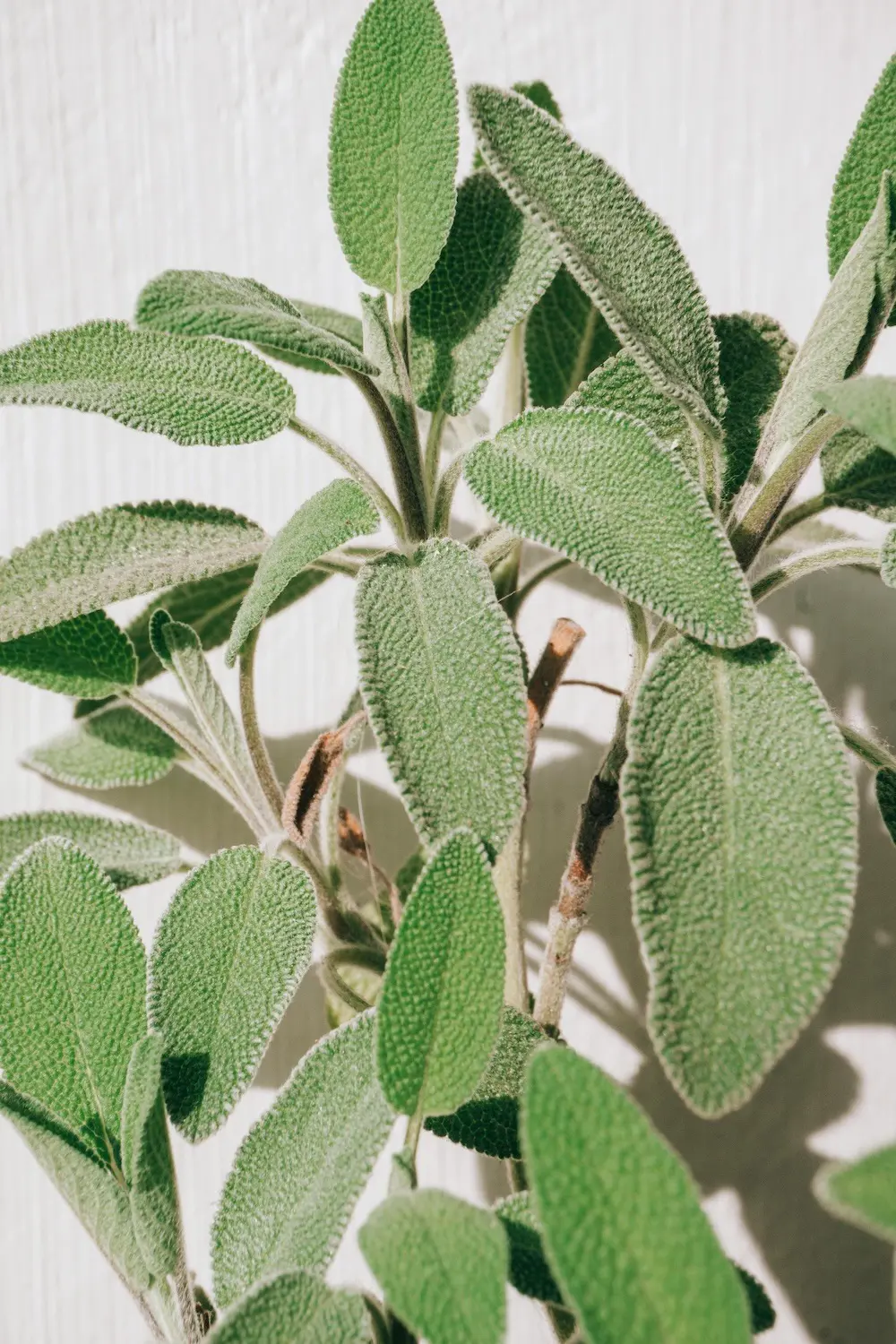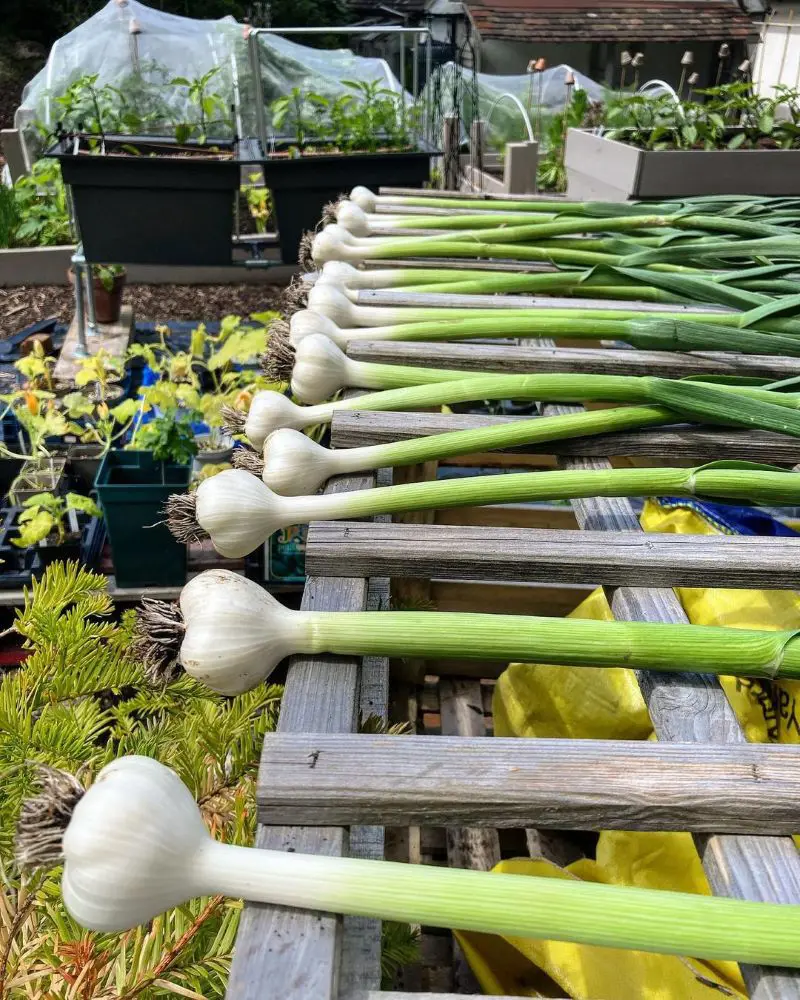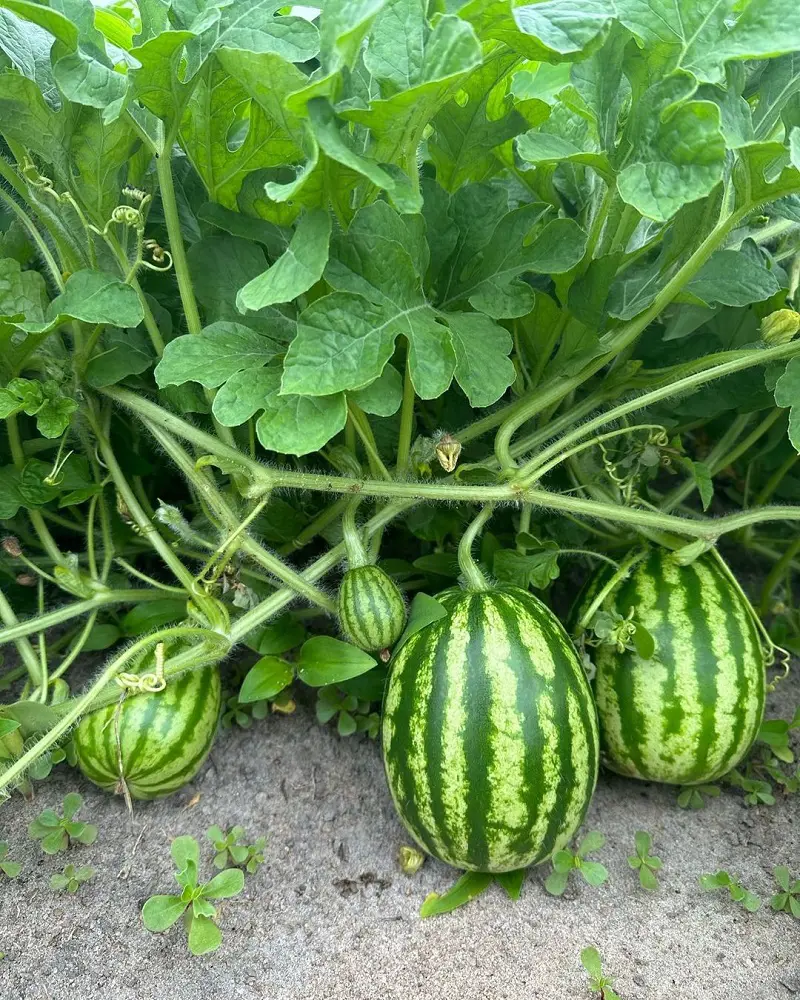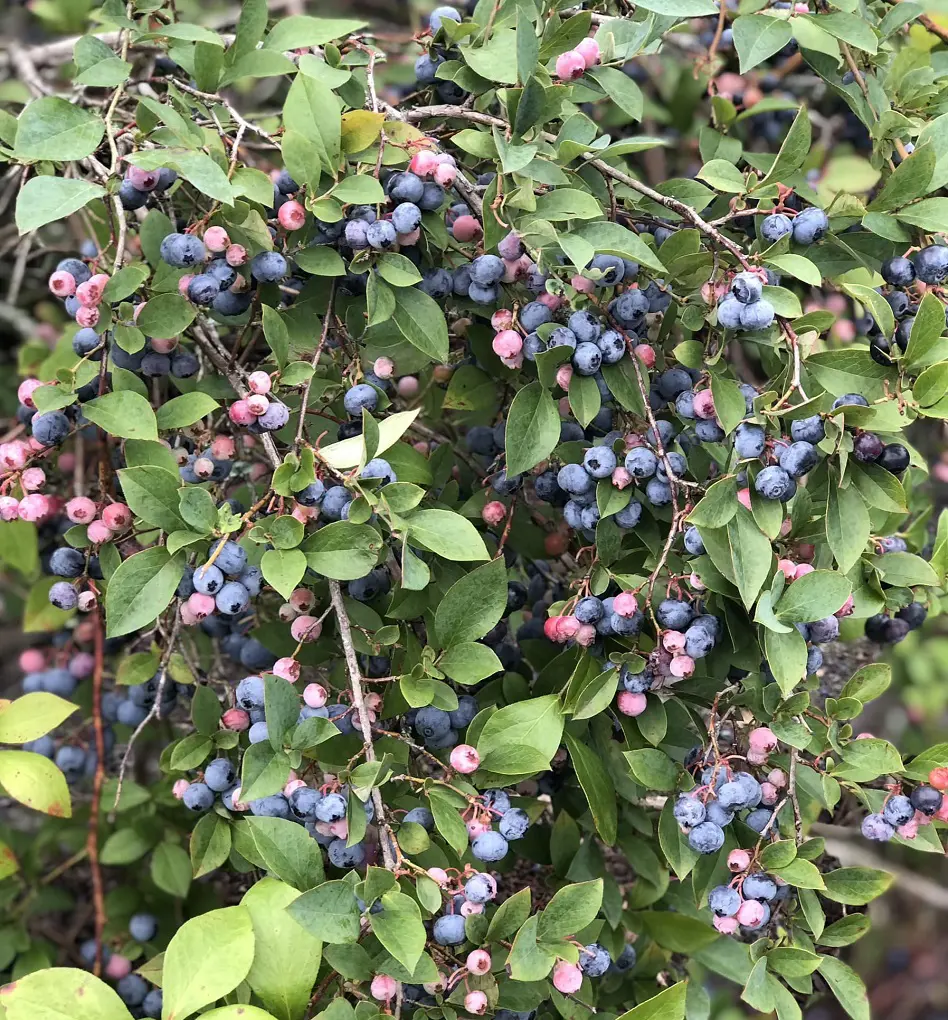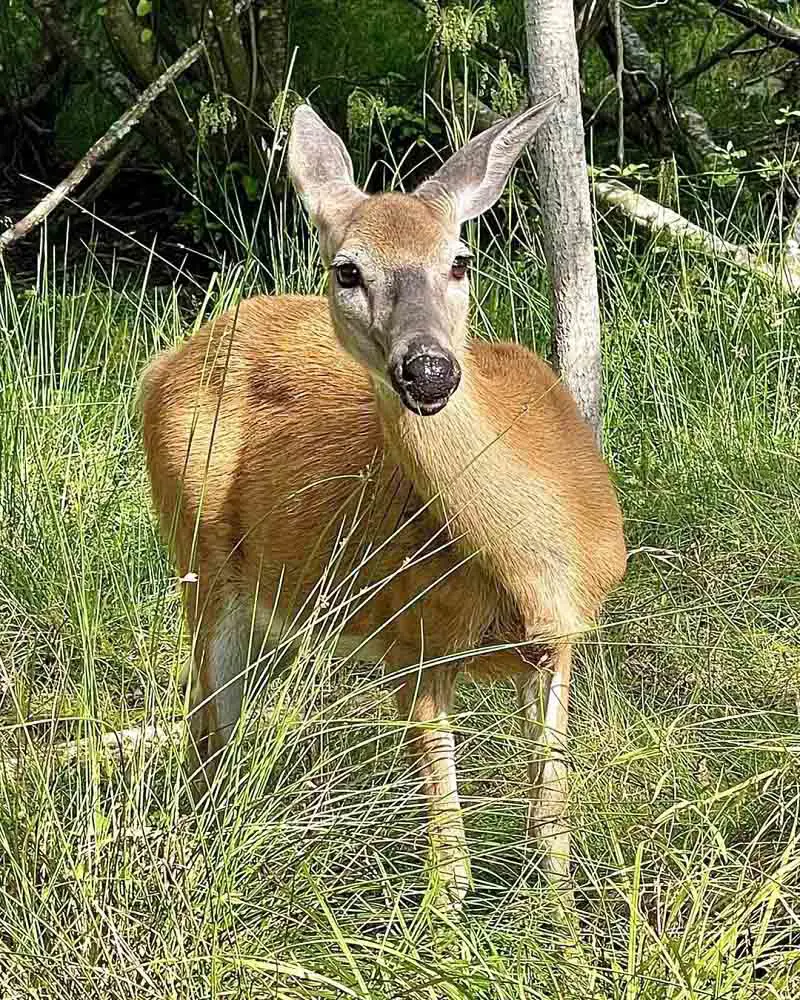Companion planting is a time-honored gardening practice where different plant species are grown near benefit each other. This method enhances growth, repels pests, and improves flavor.
Dill (Anethum graveolens) is an excellent herb for companion planting due to its aromatic qualities and beneficial interactions with various vegetables and flowers.
In this article, we will look into the best companion plants to grow alongside dill to maximize the yield.
Benefits of Companion Planting
Companion planting is an age-old gardening practice that involves growing different plants together to enhance growth, deter pests, and optimize garden space. This method can improve plant health, yield, and flavor.
Gardeners can create a more balanced and sustainable ecosystem by strategically placing plants that benefit each other. Companion planting also attracts beneficial insects and pollinators while repelling harmful pests, reducing the need for chemical pesticides and fostering a more organic garden environment.
Dill, a versatile herb known for its feathery foliage and aromatic seeds, is an excellent companion plant. It attracts beneficial insects such as ladybugs, which feed on aphids and enhance the growth of many vegetables and herbs. Here are some plants that thrive when grown alongside dill:
Dill Companion Plants
1. Corn
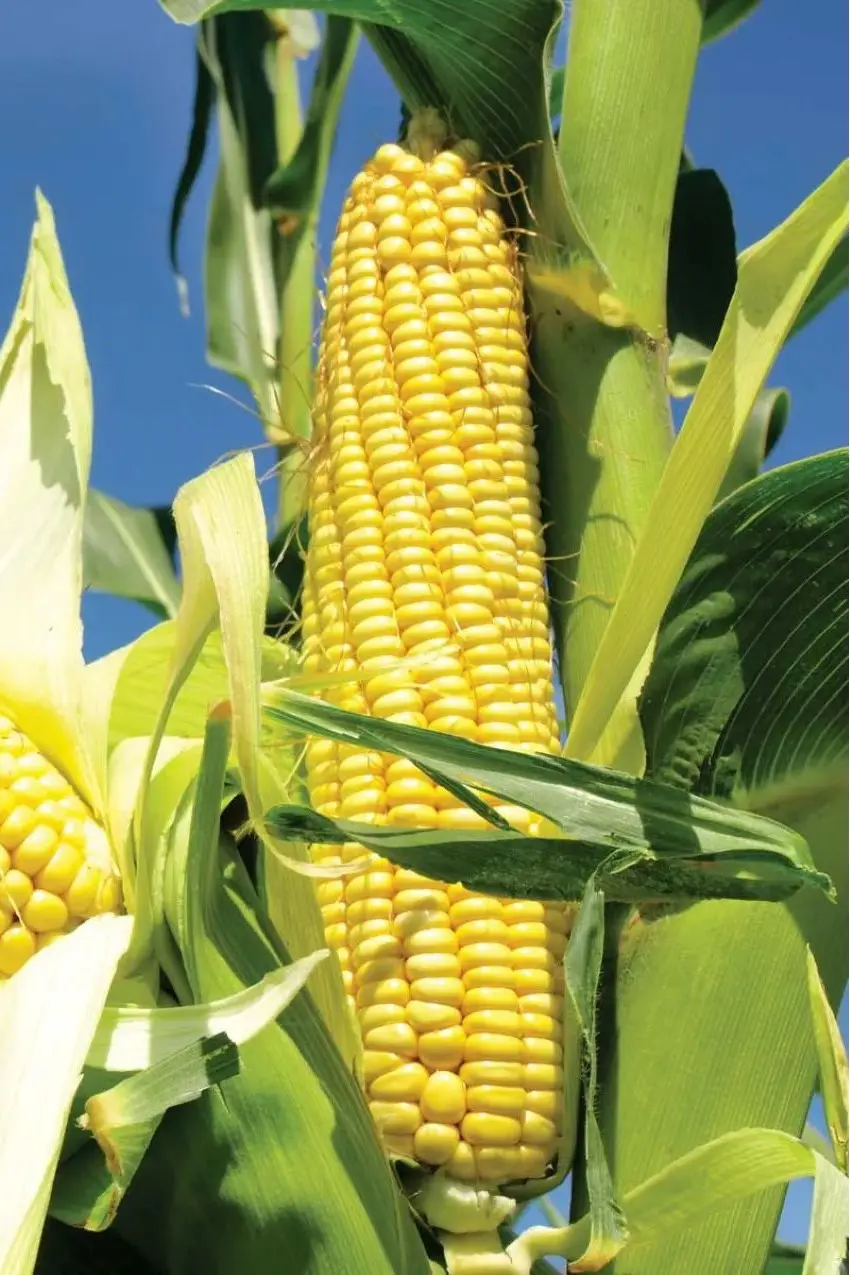
Corn and dill are excellent companions as dill attracts beneficial insects that prey on corn pests, like aphids and corn earworms. The tall corn stalks provide a natural trellis for dill, which can benefit from the shade and support, creating a mutually beneficial relationship.
Additionally, dill's presence can enhance the flavor and growth of corn. The two plants complement each other, making them a perfect pair for a thriving garden ecosystem.
2. Asparagus
Asparagus benefits from dill’s ability to attract predatory insects that feast on asparagus beetles. Dill’s aromatic nature also deters other pests that might damage the tender asparagus shoots, ensuring a healthier crop.
Conversely, asparagus provides a sturdy base for dill to grow, offering it some shade and support. This symbiotic relationship ensures both plants thrive, enhancing the overall productivity of the garden.
3. Basil
Basil and Dill are a dynamic duo in the garden. Basil helps repel aphids, spider mites, and whiteflies, which can be detrimental to dill. In return, dill attracts beneficial insects that help protect basil from pests.
Their combined aromatic qualities also enhance each other’s growth and flavor, making them excellent companions for culinary use. Planting them together can lead to a more productive and flavorful herb garden.
4. Broccoli
Broccoli and dill make a great team, as dill attracts wasps and other beneficial insects that prey on broccoli pests like cabbage worms. This natural pest control method helps keep broccoli healthy and pest-free.
Furthermore, the tall, feathery dill does not overshadow broccoli but instead provides a slight shade that can help prevent bolting in warm weather. This combination can lead to a more resilient and productive garden.
5. Marigold
Marigolds are renowned for their pest-repelling properties, particularly nematodes, which can harm dill and other garden plants. Their bright flowers also attract pollinators, enhancing the overall health of the garden.
Dill, in turn, can attract beneficial insects that prey on pests targeting marigolds. This mutual protection makes marigolds and dill an excellent pairing for a pest-free, vibrant garden.
6. Lettuce
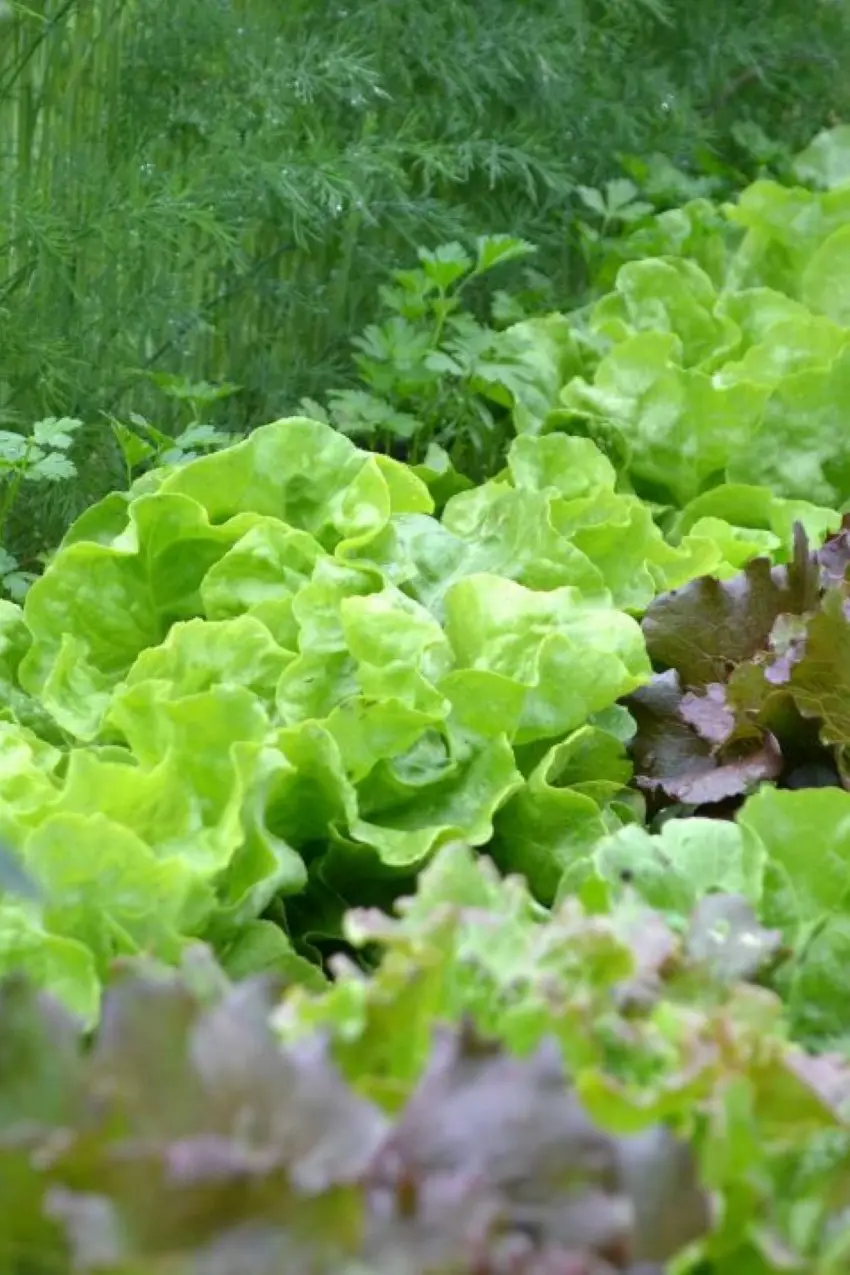
Lettuce benefits greatly from dill's pest-repelling abilities, especially against aphids and slugs. The tall, wispy structure of dill does not compete with lettuce for space or sunlight, making them ideal companions. Additionally, dill can provide light shade for lettuce, helping to keep it cool and preventing it from bolting too quickly in hot weather.
This beneficial pairing can extend the harvesting period for lettuce, ensuring a more prolonged and productive growing season. Dill's aromatic properties and minimal competition for resources create a mutually advantageous environment for both plants to thrive.
7. Onion
Onions and dill are natural allies in the garden. Onions help repel aphids and other pests that can harm dill, creating a protective barrier. In return, dill attracts beneficial insects such as ladybugs and parasitic wasps that prey on onion pests, fostering a healthier environment for both plants.
This companion planting also maximizes garden space, as both plants can grow closely together without competing for nutrients, leading to a more productive and efficient garden plot. Additionally, the aromatic nature of both plants enhances the overall pest resistance of the garden.
8. Beans
Beans benefit greatly from dill’s ability to attract beneficial insects like ladybugs and parasitic wasps, which prey on aphids and other bean pests. This natural pest control method keeps bean plants healthier.
Dill, in turn, can benefit from the nitrogen-fixing properties of beans, which enrich the soil and enhance dill’s growth. Together, they create a mutually beneficial partnership in the garden.
9. Nasturtium
Nasturtiums are excellent companions for dill due to their ability to attract aphids away from dill and other nearby plants. This sacrificial plant strategy helps protect dill from pest damage.
Additionally, nasturtiums’ vibrant flowers attract pollinators, enhancing the overall health and productivity of the garden. This pairing not only improves plant health but also adds aesthetic value to the garden.
10. Chives
Chives and dill complement each other well. Chives help repel aphids and other pests that can damage dill. Their compact growth habit allows them to be planted close to dill without competing for space or resources.
In return, dill attracts beneficial insects that help protect chives from pests. This symbiotic relationship enhances the growth and health of both plants, making them ideal companions.
11. Zucchini
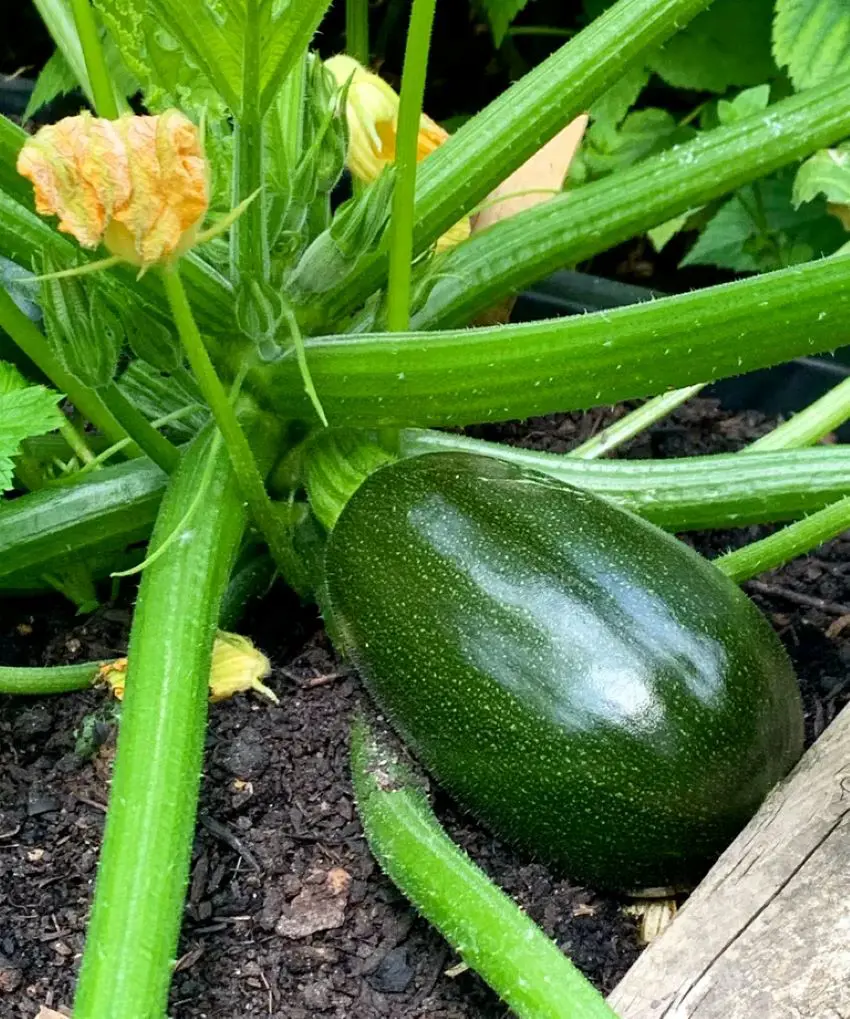
Zucchini benefits from dill’s ability to attract pollinators and beneficial insects that prey on squash pests like squash bugs and cucumber beetles. This natural pest control helps keep zucchini plants healthy.
Furthermore, the tall, wispy nature of dill does not overshadow zucchini plants, allowing both to thrive without competing for light. This combination can lead to a more productive vegetable garden.
12. Cucumber
Cucumbers and dill are a classic pairing in the garden due to their mutually beneficial relationship. Dill attracts beneficial insects, such as ladybugs and parasitic wasps, which prey on common cucumber pests like aphids and spider mites, providing natural pest control.
In return, cucumbers offer a sprawling habitat that dill can grow around, benefiting from the shade and moisture retention provided by the cucumber vines. This companion planting strategy not only enhances pest management but also maximizes garden space and improves the overall health and productivity of both plants.
Plants You Shouldn't Grow With Dill
Dill can negatively affect the growth of certain plants, including:
- Carrots: Dill and carrots are susceptible to the same pests, particularly carrot rust flies. Planting them together can increase the risk of infestation, as the flies can easily move between the plants and cause significant damage to the garden.
- Tomatoes: Dill can stunt the growth of tomato plants. Additionally, dill attracts tomato hornworms, which can cause severe damage to tomato plants by feeding on their leaves, stems, and fruits.
- Fennel: Planting dill near fennel is not advisable, as these two plants can cross-pollinate. This cross-pollination can result in poor seed quality and negatively impact the flavor of both plants, making them less desirable for culinary uses.
Where Does Dill Like to Be Planted?
Although dill is a versatile crop that can grow comfortably with minimal care, it does require some specific environment to flourish. Here are some things to consider before you plant dill.
- Sunlight: Prefers a sunny spot with at least 6-8 hours of sunlight daily.
- Soil: Thrives in well-drained soil.
- pH Levels: Best in slightly acidic to neutral soil (pH 6.0-7.5).
- Versatility: Can be grown in containers or directly in the garden.
- Watering: Requires regular watering; keep the soil moist but not waterlogged.
- Drainage: Ensure good drainage to prevent waterlogged soil.
- Planting Area: Suitable for various garden setups, including small spaces and urban gardens.
How Close Together Can You Plant Dill?
Dill plants should be spaced about 12-15 inches apart to allow adequate airflow and reduce the risk of fungal diseases. Proper spacing ensures each plant has enough room to grow and access nutrients, resulting in healthier and more robust plants.
By integrating dill with compatible companion plants, you can create a thriving and harmonious garden ecosystem. This approach not only benefits the individual plants but also enhances the overall productivity and health of your garden.
